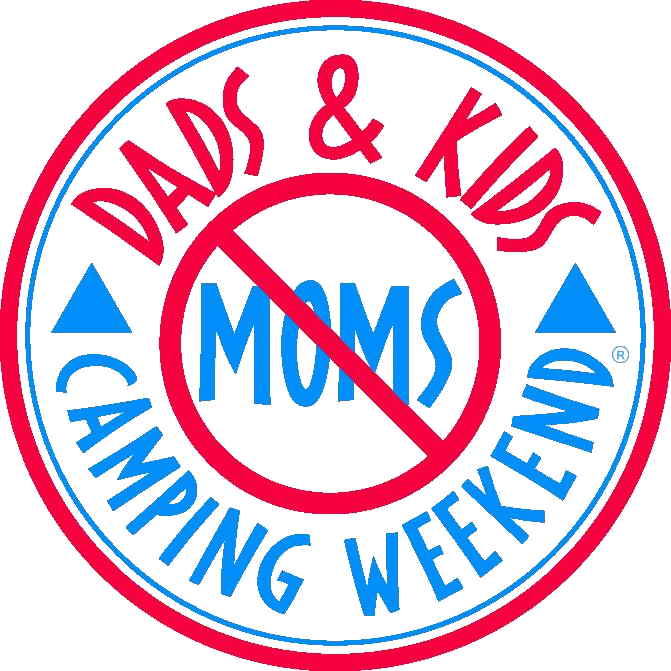Does buying an RV make sense?
While the term "recreational vehicle" conjures up images of a lavish motorhome, there are really seven different types of RVs to select from, each suited to specific needs or purposes.
So, when buying an RV, you should ask yourself these three questions in order to choose the right one for you:
1. What type of family camping am I planning to do?
A camping trip might be as short as a weekend for some, while others prefer to stay for several weeks. A true road trip can last many months...or indefinitely for the more enthusiastic (and affluent) "full-timers." Other considerations to keep in mind are who will be traveling with you and how many "essentials" you'll be taking
2. What kind of RV should I get?
You can decide which type of RV to buy once you've decided what kind of camping or vacation you want to do. Here are some options:
Class A Motorhomes : These opulent rolling estates offer just about every convenience imaginable and are suited for long-distance travel, large families, and luxurious living. It's not unusual to find these big rigs outfitted with captain's chairs in the cockpit, a living room with large sofa, dining table and HDTV, complete kitchen with granite countertops, full-size refrigerator, oven, stove, microwave…even a dishwasher. Class A motorhomes are, unsurprisingly, the most expensive, with costs ranging from over $60,000 for a basic unit to well over $1 million for custom order.
Class B Motorhomes : Sometimes known as camper vans, they have many of the same features and craftsmanship as class A motorhomes, but in a smaller, more maneuverable size. A class B motorhome, which is built on the frame of a full-size van, can give you many of the amenities of home, including a modest bathroom, a tiny kitchen, and a television. The class B is similar to driving a large SUV and is ideal for 2 to 3 passengers for multi-week journeys.
Class C Motorhomes : The C class can range in size from a modest 20 feet to an ambitious 40 feet, putting the latter in the same league as the class A but with a lower price tag. It's a terrific choice for a long weekend or weeks away from home because it has a lot of features, including some with slide-outs.
Travel Trailers : Travel trailers come in a variety of sizes, from 12-foot "teardrop" versions to 33-foot triple-axle monsters. Designer-grade interiors, slide-outs, bunk beds for the troops, built-in generators...even satellite TV are all available in the latest generation vehicles.
Truck Campers: A truck camper fits into the bed of a conventional pickup truck and provides many of the same amenities as a motorhome at a fraction of the cost.
3. Other important things to consider
Maintenance: Rule of thumb—the bigger the RV, the more that can go wrong. Unless you're handy with a screwdriver and a wrench, maintenance can be expensive.
Towing: Whether you'll be towing your RV or another vehicle behind your motorhome, make sure you have the right vehicle and equipment to do so (such as a trailer hitch).
Miles Per Gallon: Except perhaps for the pop-up trailer, most RVs excel combining weight and wind resistance, meaning that you can expect to get fuel economy between 8 and 20 MPG depending on the RV you choose.
Where to Park: Many homeowner associations don't permit RVs, so you may need to store your rig at a storage facility for a monthly fee.
Cost for Camping: Although the Bureau of Land Management has places where you can camp for free, these are usually out in the boondocks. So, assume that you'll be camping at places that charge a fee. And in some cases, the daily rate varies according to the size of your RV.
Meals: Hungry campers have to eat. Does the RV you're considering offer kitchen options? Will you have to cook over the campfire? Or does your camping crowd like to dine at restaurants outside the campground?
Insurance: Same as with maintenance, the bigger the rig, the larger your insurance bill. You should check several insurance companies for the best rate and service BEFORE you buy.
Connectivity: If you want to stay connected, you'll have to make sure the RV you're considering can be outfitted with Mobile Internet, Wi-Fi Booster, GPS or Satellite TV.
Purchase Prices: Buying an RV is like buying a car—you fall in love with all the features until it comes down to price. Brace yourself for sticker shock.
Lastly, if you've never driven a class A motorhome or towed a 30-foot travel trailer, now is the moment to determine your degree of comfort. Find a dealer that rents out the type of setup you want and go for a weekend trip with it. Just double-check if there is a campground nearby and that you can acquire a spot first.
Read more about camping with your family in my handbook – The Dads & Kids Camping Handbook – now available on Amazon Kindle - https://www.amazon.com/Dads-Kids-Camping-Handbook-much-deserved-ebook/dp/B088F47TQJ
